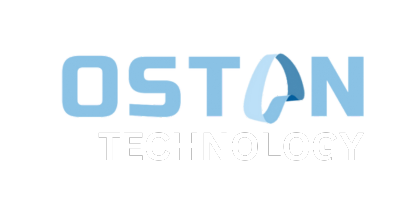Breaking Down the Latest EdTech Research: Insights for 2025
As we navigate through 2025, education technology (EdTech) continues to revolutionize learning experiences worldwide. With the rapid pace of innovation, understanding the latest research is essential for educators, administrators, and EdTech enthusiasts. In this blog, we’ll break down the most recent EdTech research, highlighting emerging trends, potential challenges, and opportunities that are shaping the future of education. Whether you’re a teacher, policymaker, or tech developer, these insights will help you stay ahead in the evolving EdTech landscape.

1. AI-Powered Personalized Learning: The New Norm
Artificial intelligence (AI) is transforming traditional learning models by enabling personalized education. According to recent studies, AI-driven platforms like adaptive learning tools can tailor content to suit individual student needs, boosting engagement and knowledge retention.
For example, tools like Knewton and DreamBox Learning use AI algorithms to analyze a student’s strengths and weaknesses, offering customized learning paths. This technology ensures that no student is left behind, making education more inclusive and effective.
Discover more about AI’s role in EdTech.
2. Gamification in Education: Engaging Learners Effectively
Gamification continues to gain traction as a research-backed method for increasing student motivation. Studies in 2025 show that incorporating game-like elements, such as leaderboards and rewards, into learning platforms fosters higher participation rates and improves learning outcomes.
Platforms like Kahoot! and Classcraft are popular for integrating gamification into classrooms, making lessons more interactive and enjoyable. As educators adopt these tools, the boundary between learning and play continues to blur.


3. EdTech in Assessment and Feedback
Research in 2025 highlights advancements in assessment tools powered by EdTech. Platforms like Turnitin and Pearson’s Revel are making it easier for educators to assess student progress and provide instant feedback.
These tools use data analytics to offer insights into student performance, helping teachers identify areas for improvement. Additionally, automated grading systems save valuable time, allowing educators to focus on personalized instruction.
Conclusion: The Future of EdTech in 2025
The latest EdTech research shows a promising future for education, driven by AI, gamification, VR, and innovative assessment methods. However, challenges like digital equity require continued attention to ensure these advancements benefit all students.
By staying informed about the latest trends and integrating them thoughtfully, educators and institutions can unlock the full potential of EdTech. Together, we can create a more equitable and engaging learning environment for future generations.
Stay Updated with Us: Enabling quality education – Oston Technology

